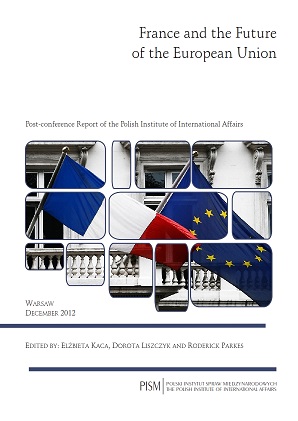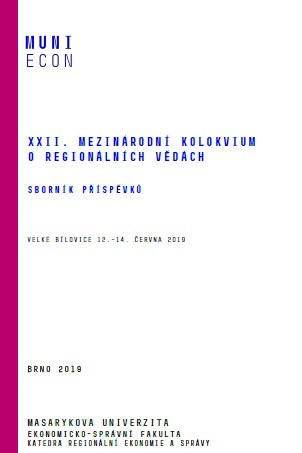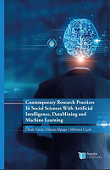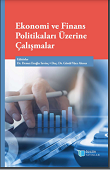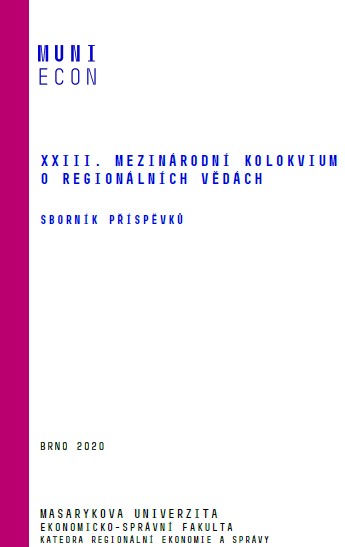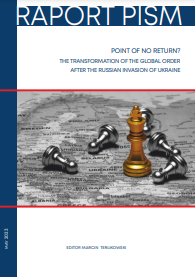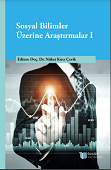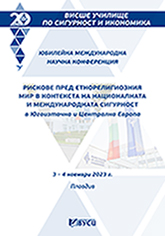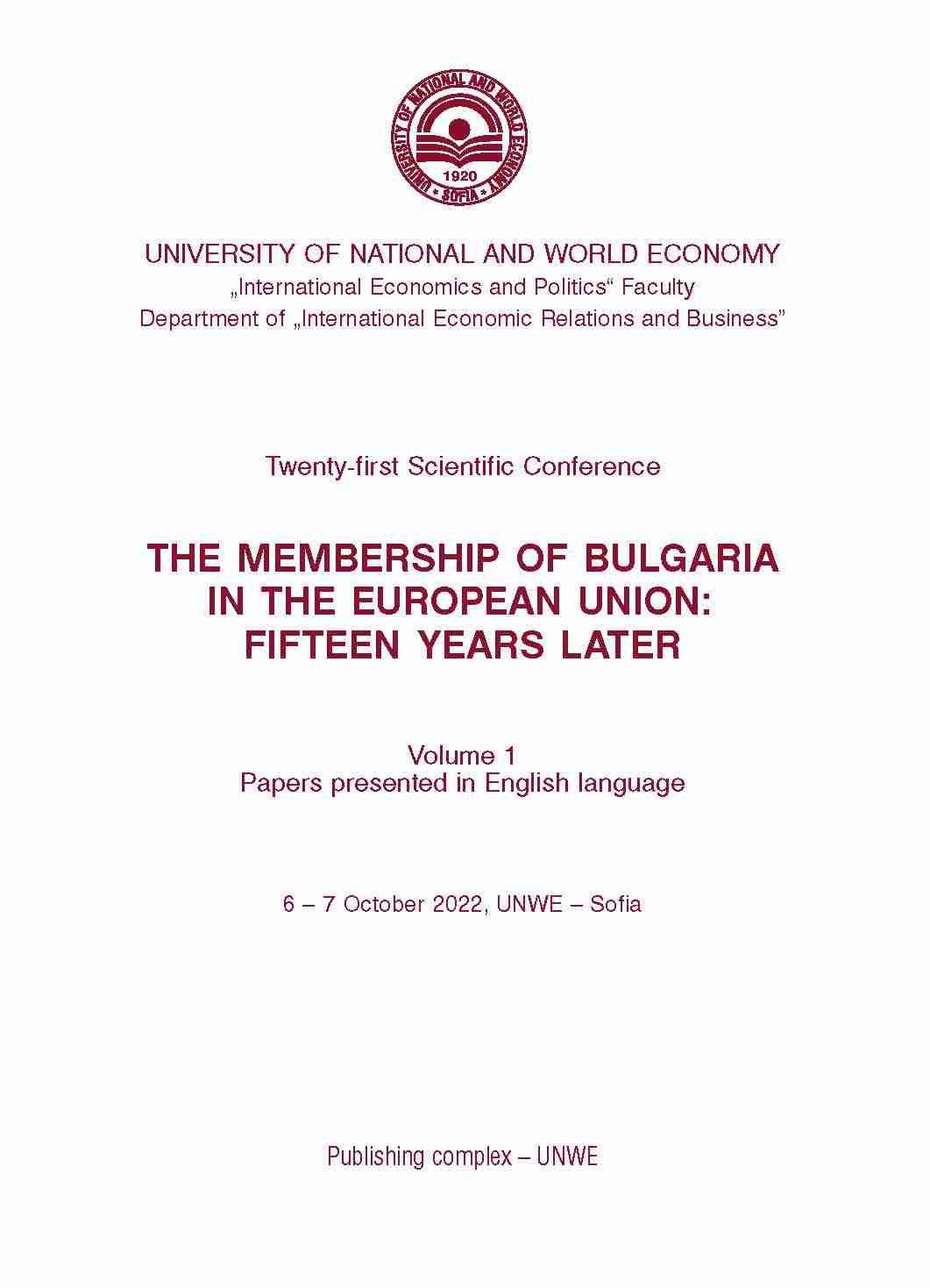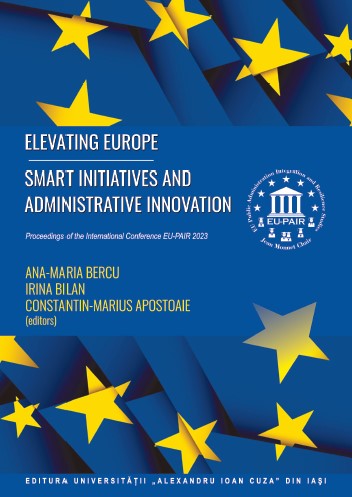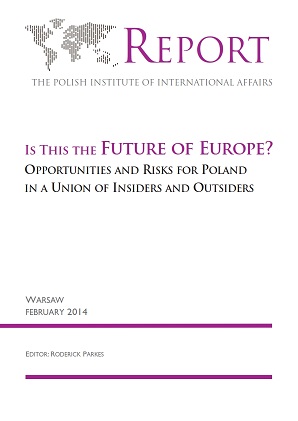
Common Foreign and Security Policy: Can the Big Three Be Harnessed?
It has never been the EU’s goal to create a fully-integrated foreign and security policy that could substitute in whole or in part for national foreign policies. Compared to other EU policies as well as domestic foreign and security policies, CFSP remains a phenomenon in itself. For years treated as an experiment, integration within the area of foreign and security policy was initially developed outside the European Community structures and still today CFSP remains a “common policy” in name only. The policy uniqueness results also from its distinctive financing system as the Treaty on the European Union excludes the possibility of using the EU budget to finance European operations with military or defence implications. Such expenses are to be borne by the Member States. Yet, the reason for developing CFSP is nevertheless strictly connected with the integration process in other areas of EU activity. This means that this area of cooperation directly benefits from the broader integration dynamic—especially the economic sphere—in which stronger integration raises expectations of a coherent foreign policy dimension.
More...
